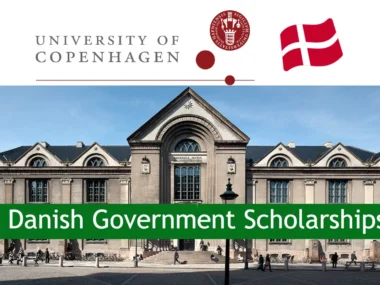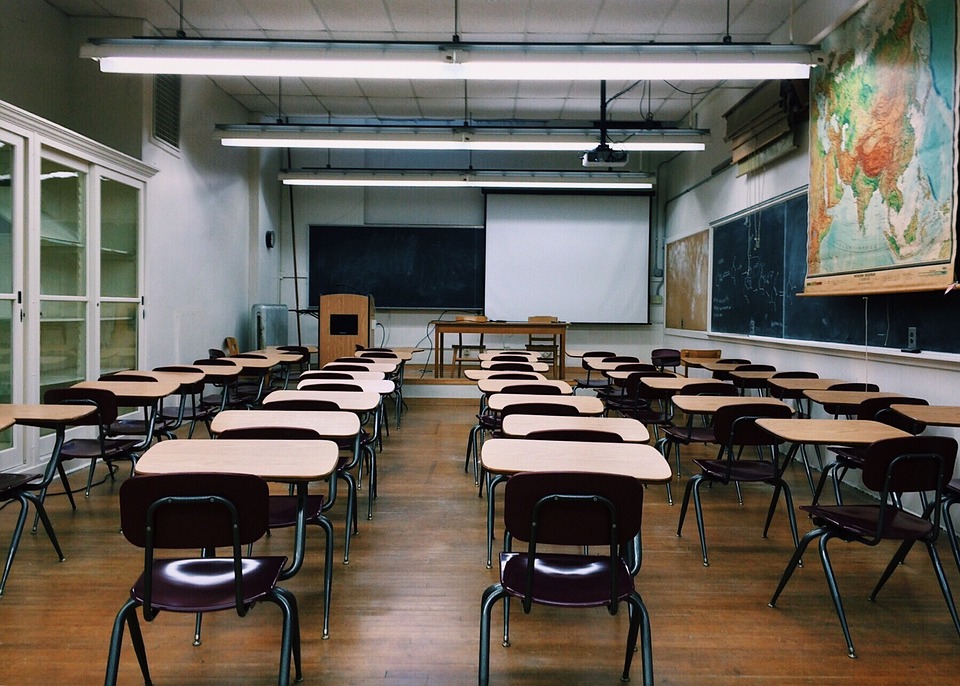The Importance of Education for Developing Social Skills: A Pathway to Success
Introduction:
Education is commonly seen as a means to acquire knowledge and skills necessary for personal and professional growth. However, its impact goes beyond individual achievement. Education plays a vital role in shaping an individual’s social skills, which are crucial for building relationships, collaborating with others, and succeeding in various aspects of life. In this article, we will explore the significance of education in developing social skills and how it serves as a pathway to success. Additionally, we will address some frequently asked questions related to this topic.
I. Education and Social Skills Development:
1. Enhancing Communication Skills:
Education empowers individuals with the ability to express themselves effectively. It provides opportunities to practice verbal and non-verbal communication, active listening, and conveying ideas coherently. Such skills are essential for establishing connections, understanding others, and fostering meaningful relationships.
2. Promoting Empathy and Understanding:
Education nurtures empathy by exposing individuals to different perspectives, cultures, and backgrounds. It cultivates understanding of diverse viewpoints, encourages tolerance, and develops the ability to relate to others’ experiences. Empathy is a crucial social skill that fosters harmonious relationships and effective collaboration.
3. Encouraging Teamwork and Collaboration:
Education often involves collaborative assignments, group projects, and interactive learning environments. These experiences encourage teamwork, cooperation, and the development of interpersonal skills. By working with peers towards common goals, individuals learn how to negotiate, compromise, and appreciate the value of collective efforts.
4. Building Confidence and Assertiveness:
Education provides a platform for individuals to discover their strengths, interests, and passions. Through academic achievements and extracurricular activities, individuals gain confidence in their abilities. This confidence translates into assertiveness, enabling them to express their viewpoints, stand up for themselves, and advocate for others.
5. Developing Problem-Solving and Decision-Making Skills:
Education equips individuals with critical thinking and problem-solving abilities. These skills enable them to analyze situations, evaluate alternatives, and make informed decisions. Effective problem-solving and decision-making are indispensable social skills that positively impact personal and professional relationships.
II. Education as a Pathway to Success:
1. Career Advancement:
Education is often considered a stepping stone for career growth and success. Beyond acquiring subject-specific knowledge, education equips individuals with a broader skill set, including social skills. Strong social skills enhance employability by enabling individuals to work effectively in teams, communicate with colleagues and clients, and adapt to workplace dynamics.
2. Personal Development:
Education not only expands knowledge but also contributes to personal growth. By developing social skills, individuals enhance self-awareness, emotional intelligence, and overall character. These qualities facilitate personal relationships, foster social connections, and contribute to overall satisfaction and success in life.
3. Community Engagement:
Education plays a crucial role in empowering individuals to become active members of their communities. By strengthening social skills, education encourages individuals to engage in community service, volunteer work, and social initiatives. This involvement not only benefits the community but also enhances personal growth and networking opportunities.
4. Global Citizenship:
In an increasingly interconnected world, education plays a vital role in fostering global citizenship. By equipping individuals with social skills, education promotes intercultural competence, understanding, and appreciation for diversity. These qualities are essential for individuals to thrive in a globalized society and contribute positively to international cooperation.
FAQs:
Q1. Can social skills be learned outside of formal education?
A1. Absolutely! While formal education plays a significant role, social skills can be learned through various informal avenues as well. Everyday experiences, extracurricular activities, and interactions with family and friends all contribute to social skill development.
Q2. Can individuals with poor academic performance still develop strong social skills?
A2. Academic performance and social skills are not mutually exclusive. While education can enhance social skills, individuals with poor academic performance can still develop strong social skills through active engagement in social activities, seeking mentorship, and practicing empathy and active listening.
Q3. Are social skills more important than academic achievements?
A3. Both social skills and academic achievements are important for success. While academic achievements open doors for professional opportunities, social skills determine how effectively an individual can navigate those opportunities, build relationships, and collaborate with others.
Q4. Can social skills be developed later in life?
A4. Yes, social skills can be developed or improved at any stage of life. It requires willingness, effort, and exposure to various social situations. Lifelong learning, practicing effective communication, and seeking feedback can contribute to developing social skills even in adulthood.
Conclusion:
Education is not merely a means to gain knowledge; it serves as a pathway to success by developing crucial social skills. The ability to communicate effectively, collaborate, solve problems, and empathize with others are invaluable qualities that education cultivates. By recognizing the importance of education in developing social skills, individuals can harness these skills to succeed not just academically, but also personally and professionally.






